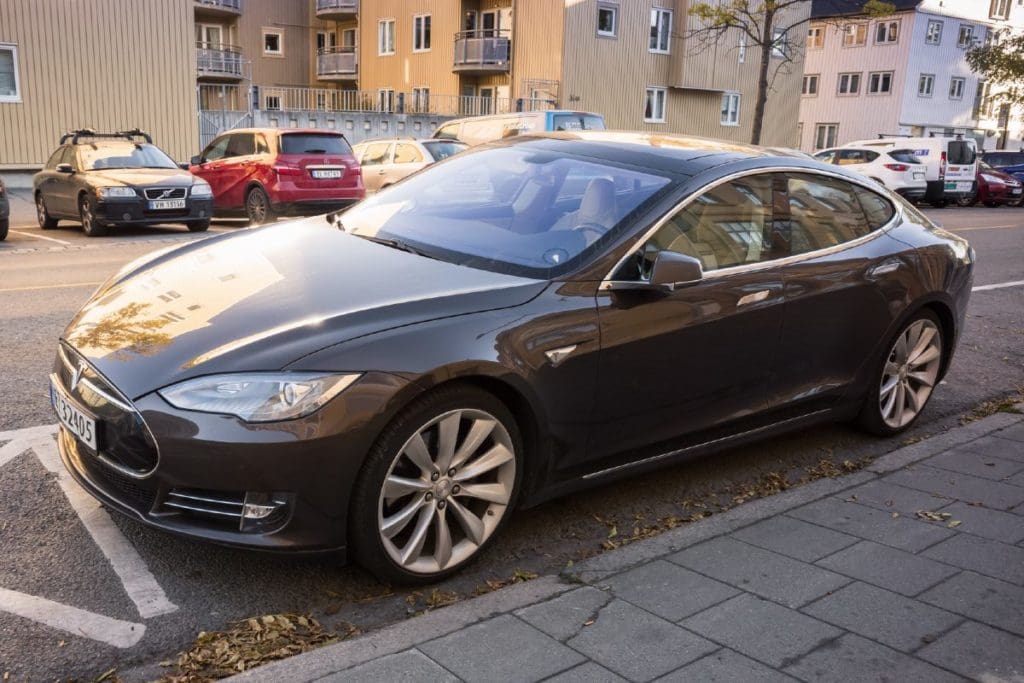Electric Cars Not So Great – Planning Minister Says

Sydney, NSW
NSW Planning Minister Rob Stokes has warned Sydney risks being enslaved to cars as he becomes the third senior minister to offer a view on how the state government should deal with the public uptake of electric vehicles.
Senior ministers are divided over how best to spur the take-up of electric vehicles while also implementing a sustainable way to tax them, with Mr Stokes saying NSW must work harder to transition away from private cars rather than focus on how the vehicles are powered.
“Although are powered by more efficient and sustainable power sources, they are still cars. Painting them green does not change that reality,” Mr Stokes said.
In a private members’ statement to parliament last Thursday, Mr Stokes said while he supported the transition to electric vehicles, they still created congestion and generated particulates.
“They still perpetuate physical inactivity and propagate sedentary lifestyles. Of course private vehicles are wonderful servants, but they make terrible masters,” he said. “Changing from a polluting master to a more efficient master does not alter our growing dependence on, some might say enslavement to, private motor vehicles.”
Mr Stokes said reducing car dependence was just as important as improving the way vehicles are powered.
He said the government needed to influence people’s decision-making when it came to transport, and provide better walking, cycling and public transport options across the city. Mr Stokes said the biggest influence on people’s decisions to drive into the CBD was the availability of parking.
“While electric vehicles are certainly more efficient than existing vehicles, using vehicles less is even better,” he said.
Meanwhile NSW Minister for Transport Andrew Constance flagged flooding the local, state and federal fleets with electric vehicles to stimulate the second-hand electric car market and also suggested cutting stamp duty on purchases of new electric vehicles.
He warned Australia risked becoming the laughing stock of the world if it delayed its transition to electric cars any longer and suggested the federal government consider offering their own incentives for electric vehicles, such as widening the threshold on the luxury vehicle tax.
Mr Stokes said electric vehicles were heavy and “torque-y” and created a lot of wear and tear on roads. He also said the weight contributed to the amount of particulate matter they expelled.
“Because EVs are so heavy, those particulates from brakes and tyres can actually be more significant than from existing petrol- and diesel-powered vehicles,” he said.
“They still perpetuate physical inactivity and propagate sedentary lifestyles.”
About 0.75 per cent of new car sales in 2020 were electric vehicles, and just 0.66 per cent in NSW, according to Electric Vehicle Council figures.
A longer version of this article was first published in the Sydney Morning Herald
